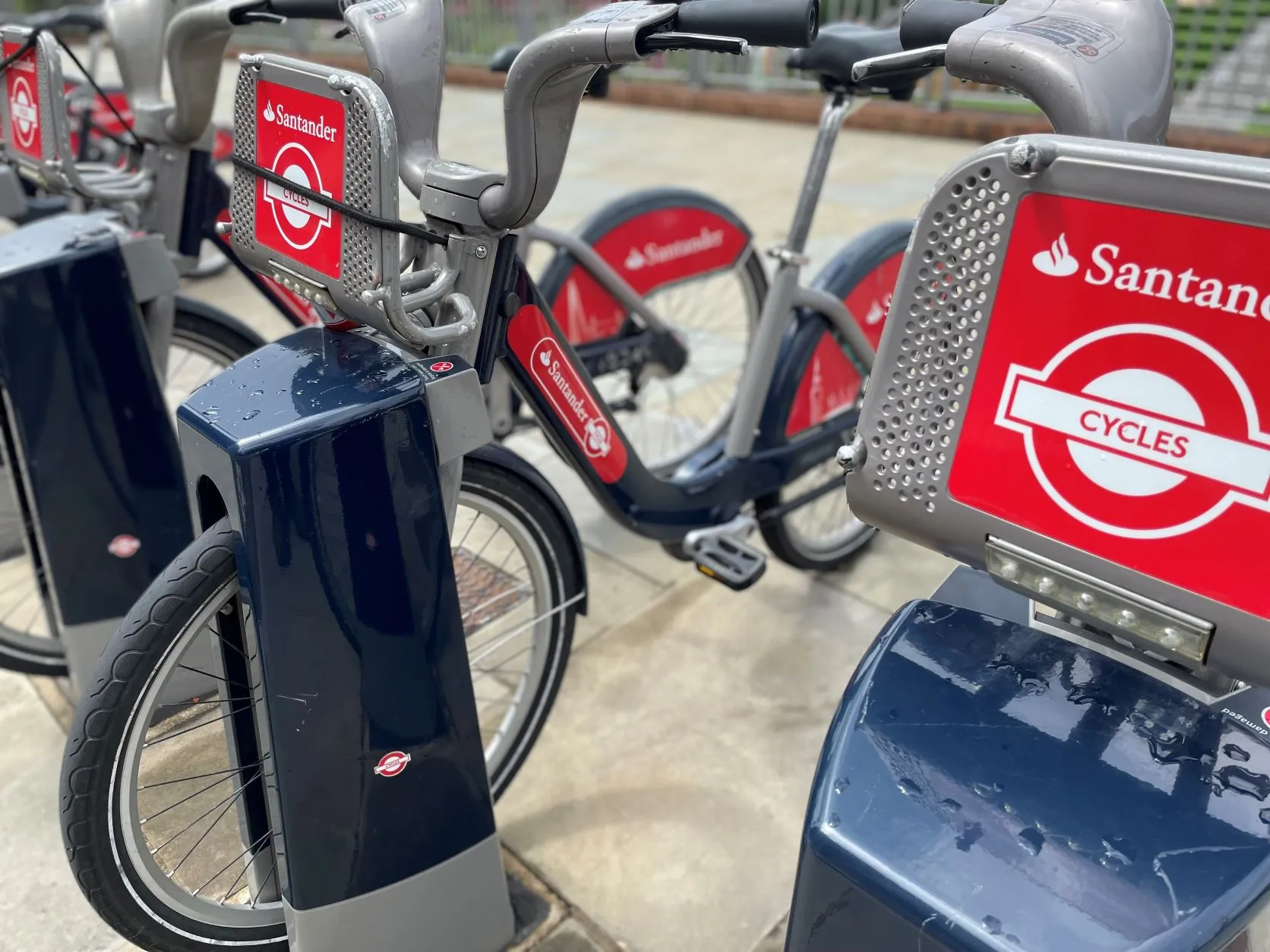A joint US$1.6 million fund to research and develop new technology to reduce the disruption caused by road works was announced yesterday by UK Transport Secretary, Philip Hammond and the Mayor of London, Boris Johnson. Confirmation of a lane rental scheme for roadworks was also announced at the same time.
May 17, 2012
Read time: 3 mins
A joint US$1.6 million fund to research and develop new technology to reduce the disruption caused by road works was announced yesterday by UK Transport Secretary, Philip Hammond and the Mayor of London, Boris Johnson. Confirmation of a lane rental scheme for roadworks was also announced at the same time.
The $1.6 million will fund an 18-month project by the Transport Research Laboratory (491 TRL) to examine innovative engineering techniques which could see utilities use temporary road surfacing methods and fast-setting replacement road surfaces. This would allow utility companies to carry out more work at quieter times and re-open roads during peak traffic periods to reduce delays and disruption.
In making this announcement, it was also confirmed that work is progressing at the1837 Department for Transport (DfT) on drafting regulations that would allow local authorities to run lane rental schemes which would require those who dig up the roads to pay a daily charge for each lane occupied during busy traffic periods.
The Mayor has asked1466 Transport for London to develop proposals for a targeted lane rental scheme on the capital’s busiest roads at peak times. That would incentivise utilities and other companies to carry out road works during the less busy periods of the day to reduce their impact on the travelling public.
Consultation on the new regulations and TfL's proposals for a lane rental scheme will take place over the summer and, if approved, regulations would be in place by the end of the year, allowing the Mayor to apply to have the UK’s first lane rental scheme up and running in London in the first half of 2012.
"Having a lane rental scheme in London will hugely contribute towards clearing unnecessary disruption from the capital’s roads,” said Boris Johnson. “Every company working on our roads wants to do so in the most cost effective way possible and lane rental will give them the clearest incentive to do so. But this is not about penalising utility companies. We want to help them work as efficiently as they can, which is why we will pay for the research of new technology so that they are able to carry out work as swiftly and with as little disruption as possible."
According to London’s Transport Commissioner, Peter Hendy, only 20 per cent of utility road works are currently carried out during off-peak hours on the most congested parts of the Transport for London Road Network, compared to over 70 per cent of TfL’s work. “By developing these new techniques to enable road works to be done more rapidly, we can make sure that this research meets the needs of all respective industries, and ultimately reduces disruption and congestion on the capital's major roads," Hendy said.
The $1.6 million will fund an 18-month project by the Transport Research Laboratory (
In making this announcement, it was also confirmed that work is progressing at the
The Mayor has asked
Consultation on the new regulations and TfL's proposals for a lane rental scheme will take place over the summer and, if approved, regulations would be in place by the end of the year, allowing the Mayor to apply to have the UK’s first lane rental scheme up and running in London in the first half of 2012.
"Having a lane rental scheme in London will hugely contribute towards clearing unnecessary disruption from the capital’s roads,” said Boris Johnson. “Every company working on our roads wants to do so in the most cost effective way possible and lane rental will give them the clearest incentive to do so. But this is not about penalising utility companies. We want to help them work as efficiently as they can, which is why we will pay for the research of new technology so that they are able to carry out work as swiftly and with as little disruption as possible."
According to London’s Transport Commissioner, Peter Hendy, only 20 per cent of utility road works are currently carried out during off-peak hours on the most congested parts of the Transport for London Road Network, compared to over 70 per cent of TfL’s work. “By developing these new techniques to enable road works to be done more rapidly, we can make sure that this research meets the needs of all respective industries, and ultimately reduces disruption and congestion on the capital's major roads," Hendy said.








